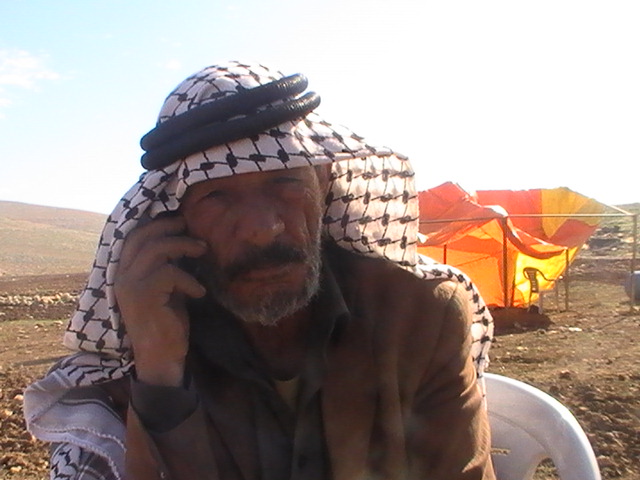Tag: Beqa’ot Settlement
-
House demolitions leave four families unsheltered in Khirbet ‘Atuf
2nd July 2013 | International Solidarity Movement, Nablus Team | Khirbet ‘Atuf, Occupied Palestine On Thursday 27th June, beginning at 9 AM, Israeli military bulldozers demolished the homes and structures of four families in the village of Khirbet ‘Atuf, a shepherding village east of Tammun in Tubas Governorate. One man was taken to the hospital…
-
Jordan Valley: threat of imminent demolition hangs over the village of Al Hadidiya
by Ben Lorber 7 December 2011 | International Solidarity Movement, West Bank Before the 1967 Israeli occupation of the West Bank, Al Hadidiya, near the Jordan Valley villages of Tubas and Jiftlik, was inhabited by over 100 families. Today, only 14 families remain. Since 1967, the village has been demolished four times, and over 3000 dunums…

